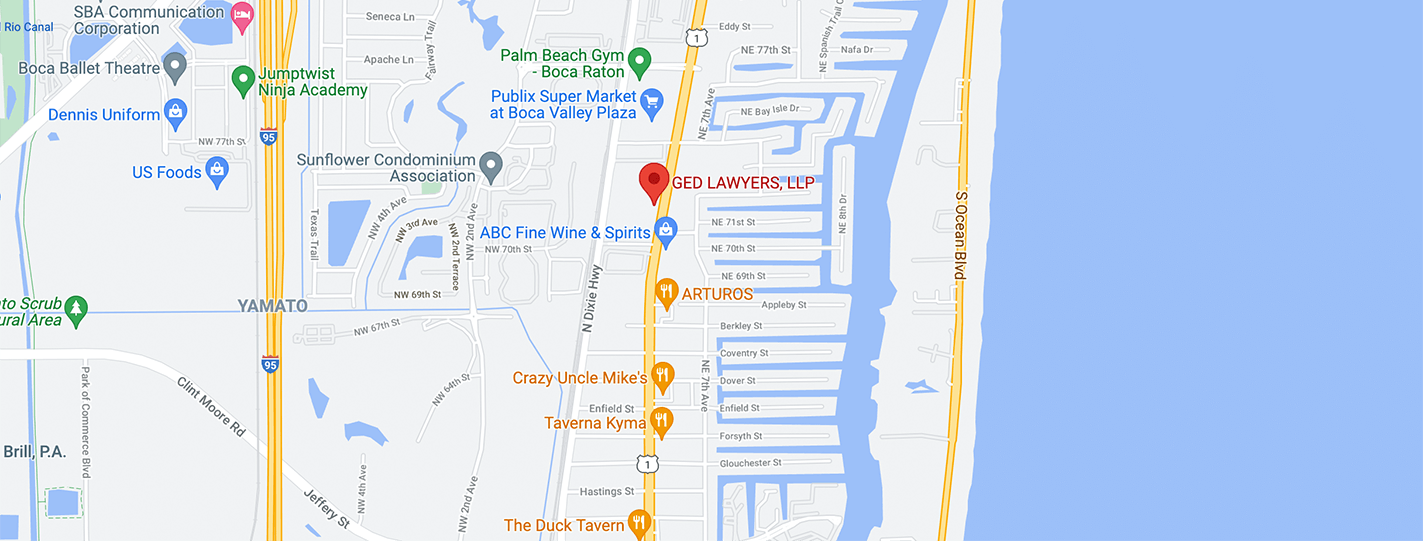
State lawmakers are in a special session to see what they can tweak in the property insurance world to make life easier for insurance companies. There are several potential changes scattered throughout the Senate and House proposed bills. Still, it boils down to this big one — Jimmy Patronis, Florida’s CFO, has a bee in his bonnet about Assignment of Benefits (AOB), and he wants that bee squashed.
An AOB is when an insured party “assigns” or signs over their insurance benefits to a third party performing needed repairs on the property. The contractor with the AOB doing the repairs files a claim with the insurance company for payment. The insurance company either pays and it’s done, does not pay, or says, “maybe, but we’re not paying that amount.” If it’s a “no” or a “maybe, but,” a legal battle ensues. Too many lawsuits, say insurance companies. Not enough payments, say consumers.
The State of Property Insurance in Florida
It’s no secret that the state of property insurance in Florida is abysmal. Property owners have seen premiums increase 33% a year, with next year expected to see a 40% increase. Insurance companies, unhappy at being called about hurricane damage in the most hurricane-prone state in the country, are running for the borders, leaving residents with a few expensive choices.
Adding insult to injury, paying high premiums is no guarantee that when it’s time to knock on your insurance company’s door, they will answer. Roughly 30% of insurance claims related to Hurricane Irma were denied payment. Of the more than ten billion dollars in claims on Hurricane Ian, we don’t yet know how much will be paid and how many claims will be denied.
Insurance Companies and AOB Holders
The insurance companies claim that AOB holders are charging too much for their work or scamming property owners by stating that repairs are needed when they’re not. And then, AOB holders drag the insurance companies into court for expenses insurers do not want.
The AOB holders feel that the insurance companies move at glacial speeds and only respond when a lawsuit forces them to do so. Given that about 30% of Hurricane Irma claims were denied, this casts suspicion on the insurers, not those working to restore properties.
we are here for our clients and their legal needs, with proficiency in a broad range of fields. GET A FREE CONSULTATION
Recent Legislative Action on Insurance “Reform”
This past spring, Florida Governor Ron DeSantis signed Senate Bill 2D. This law provides:
- $2 billion to assist insurance companies in paying off some of the hurricane-related damage claims
- Limitations on lawsuits against insurance companies
- Additional deductibles for roof damage, requiring property owners to pay out more for repairs
- Some explanation from insurance companies for denial of a claim
This law pleased insurers but chipped away at the rights of property owners.
The insurance companies are supposed to pass on the savings they enjoyed from the $2 billion windfall to policyholders. But no sign of any savings yet, and with a projected 40% increase in premiums, it looks like insurers are giving the whole “sharing savings” idea a hard pass.
Most legislators supporting the bill felt it was critical to be able to say to voters that something got done. However, this benefited the insurance companies’ bottom line rather than the average policyholder’s monthly food bill.
What to Expect from this Week’s Special Session
Legislators have a plan that some feel will build on the law passed a few months ago (in a good way for insurance companies), and others fear it will build on the law passed a few months ago (in a bad way for consumers).
The following are a few areas up for debate:
- Propel insurers to say yes or no more quickly to claims, doing so in 60 days rather than 90 days, and to begin their investigation of a claim in one week rather than two
- Formalize a $2 billion program funded by taxpayers to help insurance companies
- Make policyholders get their claims in faster by changing it to a one-year deadline instead of two
- Completely get rid of the AOB option
- Make it more difficult for policyholders to pay for legal representation by not requiring insurers to pay for attorneys’ fees even if the insurers lose the lawsuit
- Allow insurers to offer cheaper policies that prevent policyholders from suing
- Increased costs for Florida’s last-resort property insurance, state-run Citizens Property Insurance
The proposed bill is expected to pass with love showered on insurance companies and consumers left looking for scraps of attention.
with compassionate advice and professional assistance. CALL US TODAY
Why Property Insurance Is a Tale of Misery in Florida
According to the National Oceanic and Atmospheric Association (NOAA), hurricane intensity and rainfall will likely continue increasing for the rest of this century. The bigger the hurricane and the more rainfall it brings, the more damage it may cause. Since 1851, Florida has been hit by more hurricanes than any other state.
Natural disasters and a mix of slow-paying or non-paying insurers and quick-filing claimants butt heads, resulting in lawsuits to reach a resolution. Consumers want the protection they’ve paid expensive monthly premiums for, and insurance companies prefer to limit the number of payments they make.
Florida is enjoying a population boom. This can help the state’s economy, but more property owners and insurance policyholders mean more payouts by the insurers when disaster strikes. This also means insurers try to make up for payouts by raising their rates.
It’s a mess.
We look forward to hearing from you and helping you with your legal needs. CALL FOR A FREE EVALUATION
Ged Lawyers
Our attorneys have served our communities for nearly three decades and are intimately familiar with the insurance woes we Floridians face. If you’re having problems with an unresponsive insurance company or simply have questions about the special session and new laws legislators are contemplating, give us a call. We’re happy to chat with you and help in any way possible.
